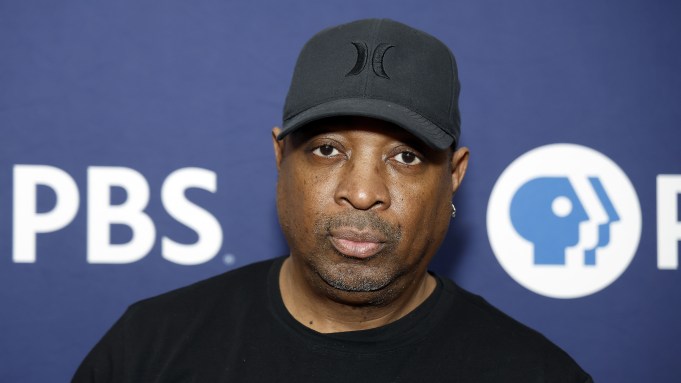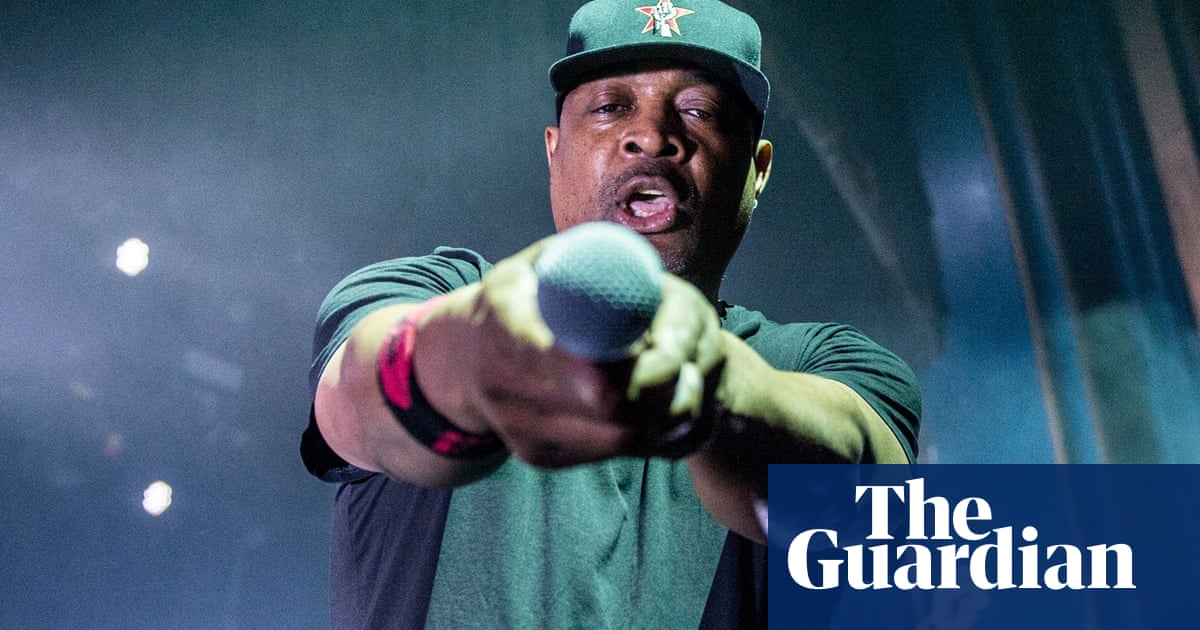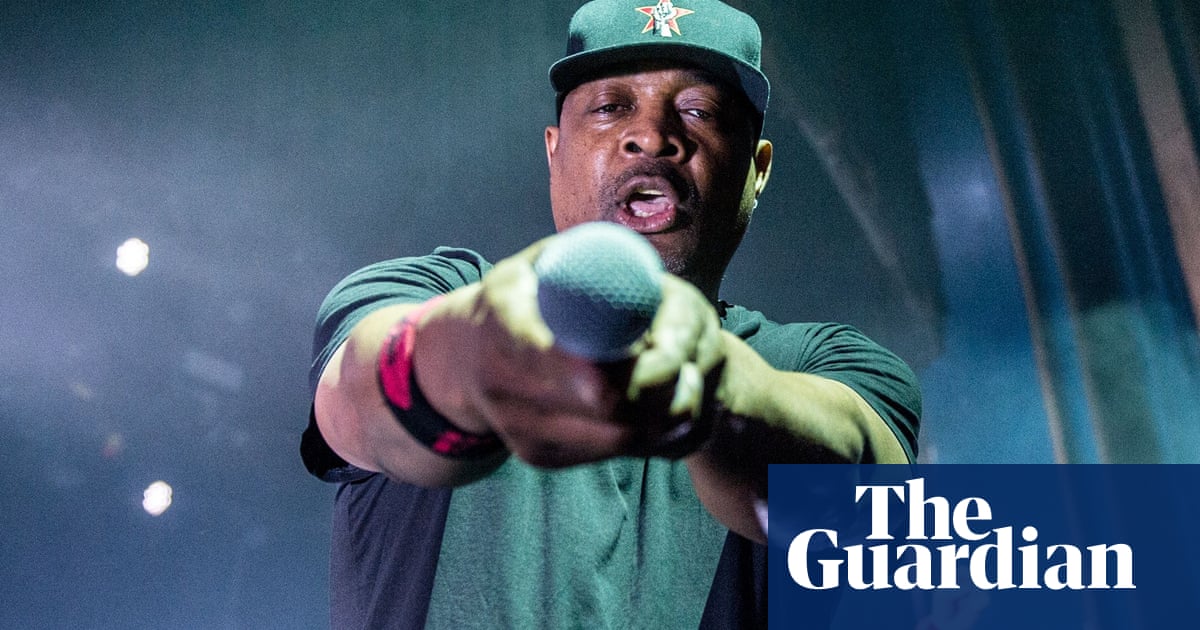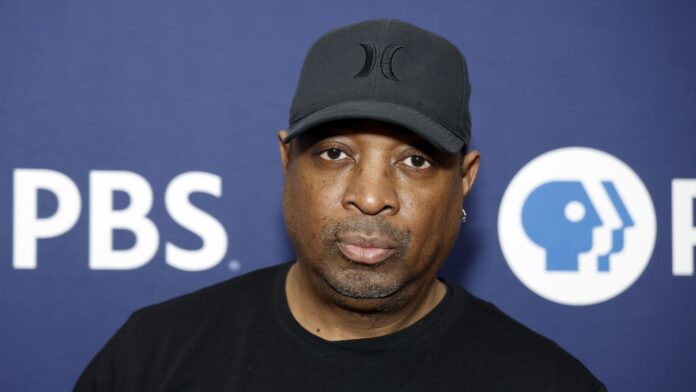Smoke fills the screen, flames lick at the edges, and over it all, a powerful voice booms: “Burn Hollywood, Burn!” It’s a chilling soundtrack to the devastation of wildfires, but one the legendary rapper Chuck D isn’t having. Public Enemy’s iconic anthem, once a rallying cry against the industry’s hypocrisy, has been tragically repurposed in recent wildfire videos, sparking a fiery rebuke from the group’s frontman. Chuck D is demanding people “learn the history” behind the song, reminding us that context matters, especially in times of crisis. Join us as we delve into this potent clash of culture, history, and tragedy.
Chuck D Calls Out Misuse of “Burn Hollywood Burn” Amidst California Wildfires
Legendary rapper Chuck D, a founding member of the influential hip-hop group Public Enemy, recently issued a strong statement denouncing the misappropriation of his group’s 1990 anthem “Burn Hollywood Burn” in videos documenting the devastating California wildfires. Taking to social media, Chuck D urged fans to understand the song’s historical context and called for sensitivity in the face of human tragedy.
The controversy ignited after numerous videos emerged on platforms like TikTok and Instagram, featuring footage of the raging wildfires juxtaposed with Public Enemy’s iconic track. The song, known for its scathing critique of Hollywood’s exploitation and systemic inequalities, was being used as a soundtrack to scenes of immense destruction and loss.

The Public Enemy’s Message Gets Twisted
“Burn Hollywood Burn” is a protest song. Extracted from the Watts rebellion monikered by the magnificent Montague in 1965 against inequality when he said ‘burn baby burn’ across the air,” Chuck D clarified in a statement shared with his followers. He emphasized that the song was “mind revolution songs aimed at a one-sided exploitation by an industry,” and had “nothing to do with families losing everything they have in a natural disaster. Learn the history. Godspeed to those in loss.”
This statement sparked a firestorm of discussion on social media, with many users expressing their support for Chuck D’s stance. Others, however, defended the use of the song as a way to express the anger and frustration surrounding the fires and the perceived indifference of institutions. This debate highlights the complex intersection of music, social commentary, and tragedy.

Historical Context: The Watts Rebellion and “Burn Baby Burn”
To understand Chuck D’s response, it’s crucial to recognize the historical context of “Burn Hollywood Burn”. The phrase “burn baby burn” originated during the Watts Rebellion of 1965, a six-day uprising in Los Angeles sparked by police brutality and systemic racism. John Montague, a radio commentator during the uprising, famously called on the community to “burn baby burn,” a phrase that became a rallying cry for those demanding justice and change.
Public Enemy sampled this phrase in “Burn Hollywood Burn,” connecting the song to the historical struggle against inequality. The song’s lyrics criticize Hollywood’s representation of Black people, its exploitation of urban communities, and its complicity in perpetuating societal injustices.

Beyond the Beats: Understanding “Burn Hollywood Burn”
“Burn Hollywood Burn” is more than just a catchy song; it’s a powerful statement about social justice and the need for accountability. The song’s lyrics expose the inherent flaws in the entertainment industry’s portrayal of marginalized communities, highlighting the often-dehumanizing and exploitative nature of Hollywood’s representations.
Lyrics and Themes: A Critique of Industry Exploitation
The song’s lyrics are filled with biting social commentary. Lines like “Hollywood burns, Hollywood burns, you’re the one who’s guilty” directly challenge the industry’s complicity in perpetuating negative stereotypes and obscuring the realities of Black life. Public Enemy uses vivid imagery and powerful metaphors to paint a picture of a system rigged against marginalized voices.
“Burn Hollywood Burn” isn’t simply angry; it’s a call to action. The song urges listeners to question the narratives they’re fed by the media and to demand a more equitable and representative portrayal of themselves and their communities.
Public Enemy’s Legacy: Artists as Social Commentators
Public Enemy has long been recognized as one of the most influential and politically charged hip-hop groups of all time. Their music has consistently addressed issues of social justice, racial inequality, and police brutality, using their platform to amplify the voices of the marginalized and challenge the status quo.
Chuck D, in particular, has emerged as a powerful voice in the fight for social change. He has used his platform to encourage critical thinking, activism, and a deeper understanding of the complex issues facing society. His message transcends music, inspiring generations of artists and activists to use their voices to speak truth to power.
The Power of Protest Music: Amplifying Voices of Dissent
Throughout history, music has served as a powerful tool for social commentary and protest. Protest songs have given voice to the voiceless, galvanized movements, and challenged oppressive systems. “Burn Hollywood Burn” joins a long lineage of protest music that has used rhythm, rhyme, and powerful lyrics to address social injustice.
The impact of protest music lies in its ability to connect with people on an emotional level, to inspire empathy, and to mobilize collective action. Songs like “Burn Hollywood Burn” can serve as anthems for those fighting for equality and justice, reminding us that music has the power to spark change.
Wildfires in a Digital Age: The Ethics of Music and Imagery
The use of “Burn Hollywood Burn” in wildfire videos raises important ethical questions about the use of music and imagery in the digital age. The tragedy unfolding in California demands sensitivity and respect for those affected. Using a song known for its anger and critique of exploitation as a soundtrack to scenes of human suffering can be seen as insensitive and exploitative, even if unintentional.
The Impact of Viral Content: Sensationalism vs. Sensitivity
In the fast-paced world of social media, viral content often prioritizes shock value and engagement over nuance and empathy. The use of emotionally charged music like “Burn Hollywood Burn” can amplify these tendencies, potentially turning tragedy into a spectacle.
It’s crucial to remember that behind the viral videos are real people experiencing unimaginable loss and suffering. The way we consume and share information about tragedies has a profound impact on how we understand and respond to them.
Blurred Lines: When Protest Music Meets Tragedy
The line between using music for social commentary and exploiting it for emotional impact can be blurry, especially in the context of tragedy. While protest music can be a powerful tool for raising awareness and inspiring action, it’s important to be mindful of the context in which it is used.
The use of “Burn Hollywood Burn” in wildfire videos highlights the need for careful consideration and sensitivity when appropriating music for different purposes. It’s essential to ask ourselves: Is this use of the music respectful to the people affected by the tragedy? Is it furthering the message of the song, or is it exploiting it for emotional gain?
Finding Balance: Using Music Responsibly in Times of Crisis
In times of crisis, music can offer solace, connection, and a sense of shared humanity. However, it’s important to use music responsibly, avoiding exploitative or insensitive uses.
When sharing content about tragedies, consider the impact of the music you choose. Opt for music that is appropriate to the context and that honors the dignity and suffering of those affected.
Looking Ahead: Lessons Learned and Calls for Awareness
The controversy surrounding “Burn Hollywood Burn” offers a valuable opportunity to reflect on the power and responsibility that comes with using music in a digital age. It highlights the importance of understanding historical context, being mindful of the impact of our choices, and promoting empathy and respect in times of crisis.
The Importance of Historical Context: Understanding the Message
Chuck D’s call to “learn the history” behind “Burn Hollywood Burn” is a vital reminder to approach music with an open mind and a willingness to understand its origins and intended message. Music often carries layers of meaning and historical significance that can be easily lost in the context of social media sharing.
Taking the time to research and understand the context behind a song can deepen our appreciation for its artistry and its social impact. It can also help us avoid misinterpretations and ensure that we are engaging with music in a meaningful and respectful way.
A Moment for Reflection: Empathy and Action in the Face of Disaster
The California wildfires are a tragedy that has caused immense suffering and loss. In the face of such devastation, it’s crucial to prioritize empathy and compassion for those affected.
Beyond offering words of support, it’s essential to consider how we can contribute to relief efforts and advocate for policies that address the root causes of climate change and environmental injustice. Music can be a powerful tool for raising awareness and inspiring action, but it should never be used to trivialize or exploit tragedy.
The Future of Music and Social Commentary: Navigating Complex Issues
As music continues to evolve and reflect the complexities of our world, it’s important to have open and honest conversations about the ethics of using music for social commentary. Balancing the right to artistic expression with the responsibility to use music thoughtfully and respectfully is a challenge that artists, listeners, and society as a whole must grapple with.
The controversy surrounding “Burn Hollywood Burn” serves as a reminder that music can be a powerful force for both good and bad. By engaging in thoughtful dialogue and promoting media literacy, we can harness the power of music for social good while ensuring that it is used ethically and responsibly.
Conclusion
safe

